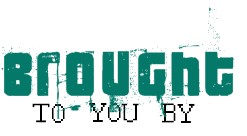QCF: inFamous: Second Son
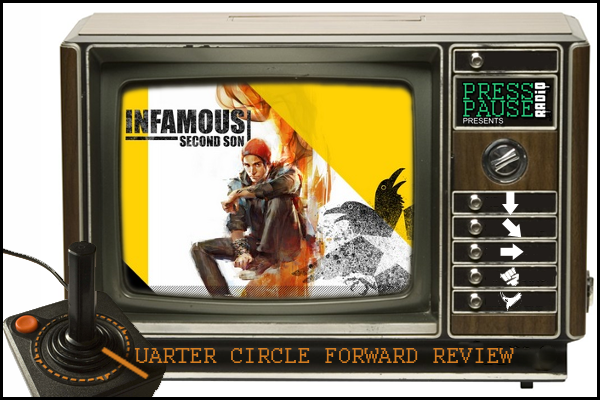
 he idea of being larger than life leads down many paths to those who aspire for that sort of spotlight; stuff like entertainment, professional sports, or politics, but the most fantastical of them all is obtaining super powers, humanity’s ever present castle in the air.
he idea of being larger than life leads down many paths to those who aspire for that sort of spotlight; stuff like entertainment, professional sports, or politics, but the most fantastical of them all is obtaining super powers, humanity’s ever present castle in the air.
Sucker Punch ventured into such territory and the grand moral compass that proceeds over it with inFamous, an ambitious open-world game that stumbled a bit out the door before it found the right beat for the tune it was pitching with inFamous 2.
Fast forward to present time and we see Sucker Punch at it again with inFamous Second Son; a sequel that introduces some novel features to the series, but unfortunately regresses the all-too-important advancements from its predecessor to a disappointingly mediocre degree.
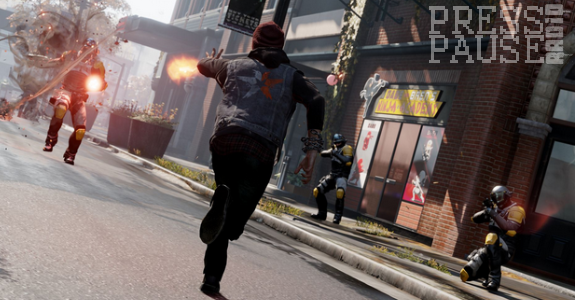
First and foremost, this game is absolutely gorgeous and doesn’t stray too far from the promotional roll that first promoted it’s announcement last year. The animations of cast and the details that depict effects of their godlike elements that emanate from their presence effectively sell the fiction of the inFamous universe. Players who stop to observe the amount of activity that can be present on screen at any one point that will be rewarded with the treat of witnessing a vibrant sense of life that exists within Second Son’s world in the jaw-dropping fidelity that the PS4 is capable of. Graphics don’t make a game, but the visuals of Second Son bear a lion’s share of the credit of delivering one of the best assets to be found in it—Seattle itself.
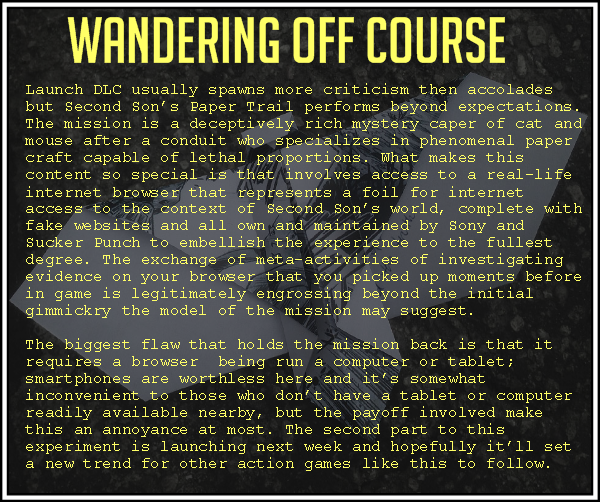 I’ve got to hand it to Sucker Punch, every subsequent title from the last within the franchise has received radical improvements to the architecture and overall structure of their open-world locations and Second Son’s Seattle is the finest example of their work yet. The composition of Second Son’s interpretation of the Emerald City is amazing in how caters to being both Authentic to its real life counterpart and imaginative with its liberties on the city’s design when it comes to complimenting the most out of the mechanics of Delsin’s powers.
I’ve got to hand it to Sucker Punch, every subsequent title from the last within the franchise has received radical improvements to the architecture and overall structure of their open-world locations and Second Son’s Seattle is the finest example of their work yet. The composition of Second Son’s interpretation of the Emerald City is amazing in how caters to being both Authentic to its real life counterpart and imaginative with its liberties on the city’s design when it comes to complimenting the most out of the mechanics of Delsin’s powers.
The sights of the landmarks within the areas of Belltown, Paramount, Rainier and more manage to both effectively represent the atmosphere of the city and consistently entertain the strengths that powers afford the various super human means of travel. Alleyways, buildings, and even the more rustic woodland covered landscape of Queen Anne are transformed into beautifully detailed emulations, even with the liberal yet imaginative machinations of enemy structures laden throughout the city, Sucker Punch’s efforts result in the best artificial trip to Seattle a person can go on.
However incredible the local sights may be within Second Son, doesn’t stop it’s long descent into the dull tedium that the series worked so hard to advance from all those years ago.
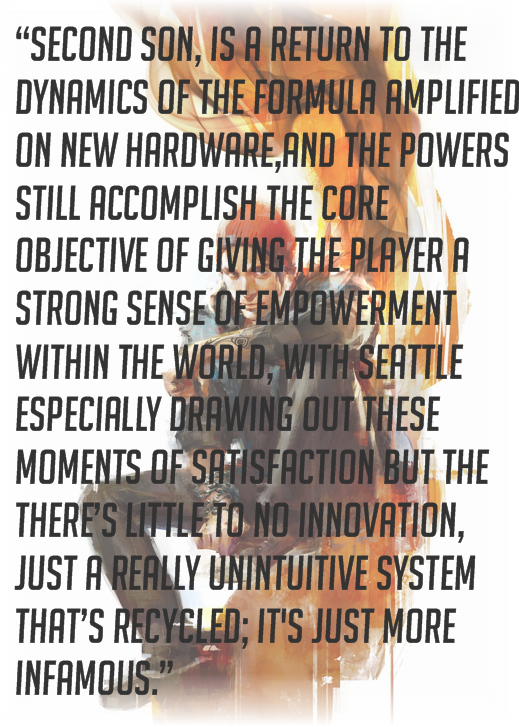 If someone were to directly ask me what was the “it” factor that makes the inFamous series one to care about, I’d simply respond with the two points, the world (which was nailed) and the powers, and Second Son got in over their head right about here.
If someone were to directly ask me what was the “it” factor that makes the inFamous series one to care about, I’d simply respond with the two points, the world (which was nailed) and the powers, and Second Son got in over their head right about here.
The concept of multiple powers as opposed to just the standard one is definitely a cause for celebration for the franchise but the execution brings the whole thing down from a gross lack of creativity towards the powers themselves.
The notional application that the powers potentially present never escape the established conventions of prior inFamous games, and the new powers further the trend of disappointment to be found in Second Son. Despite whatever power that’s specifically equipped, each one is essentially a shallow variant of the same primitive melee, standard shooting, powered projectiles, and grenade shots (with one power possessing a noteworthy exception to criticism) that we’ve all played before.
Even worse is that there’s one particular power that’s overpowered in every aspect with little or no incentive to use any of the other powers. Few tactics or contextual strengths provide any sort of substantial advantage towards bring a specific power to a fray, and even then, your choice of switching between them is regulated towards the supply of resource you need to absorb that allows you to switch between them in the first place.
The missions and quests that lay in wait suffer from the same dearth of creativity and depth that the powers do. The same smash this mob and follow here, destroy this property to send a message here, very few moment stood above and beyond the mold that’s been crafted to death before (with again the grand exception of the launch DLC that’s touched on in its own nifty side-bar.) One type of side mission is introduced to the fold and remains consistently gratifying through the run of Second Son being the segments where you can spray graffiti art. The subtleties of flipping the PS4 controller on it’s side with quirks like shaking to rattle the on-screen can of paint and spray with the R2 trigger boast the best that Delsin’s character has to offer, too bad there’s not a whole lot left otherwise.
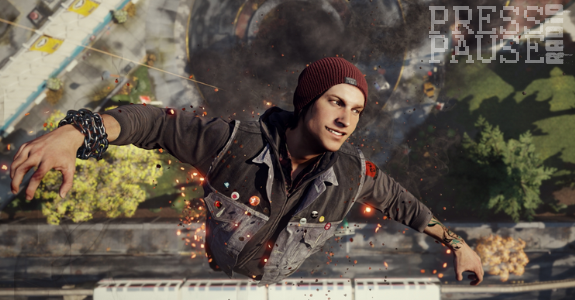
Unlike Cole, who was another character than ran against the grain, the strides made with his character and the exposition of being the reluctant super-human conduit regardless of his moral alignment within the narrative, elevating him beyond the role of a glorified cipher that’s simply used as ticket to using those powers; Delsin however, is that mundane avatar. Aside from the strained relationship of conflict between his borther who represents authority and structure and his quest for expression, players are never exactly sure just what exactly he’s trying to express, he’s that quintessential rebel without a cause and it’s here where Second Son is second rate. The childlike wonder he exhibits with his powers can be charming at times but it borders on cliché and takes away from the gravity of the conflict that’s supposed to motivate him to begin with. Second Son is sprinkled with moments of sharp writing but the plot development is ultimately shallow, and nearly everyone else sans the antagonist is largely forgettable.
Don’t get me wrong, I enjoyed Second Son, and a lot of it had to with it being a return to the dynamics of the formula amplified on new hardware, the powers still accomplish the core objective of giving the player a strong sense of empowerment within the world, and Seattle especially draws out these moments of satisfaction. The issue here is that there’s little to no innovation beyond some minor nuances to a specific ability; no risk/reward involved, no real strategy, just a really unintuitive system that’s recycled. It’s more inFamous.
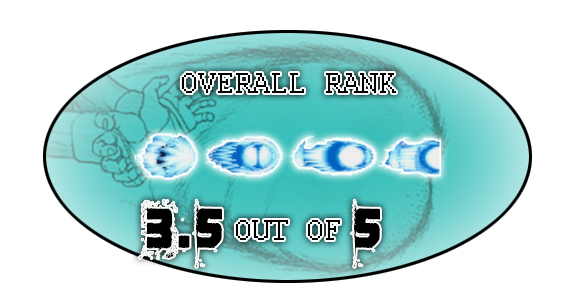
 Open World,
Open World,  PS4,
PS4,  Seattle,
Seattle,  Sucker Punch,
Sucker Punch,  inFAMOUS Second Son,
inFAMOUS Second Son,  not PAX,
not PAX,  sweet touchpad play | in
sweet touchpad play | in  QCF Reviews
QCF Reviews 



